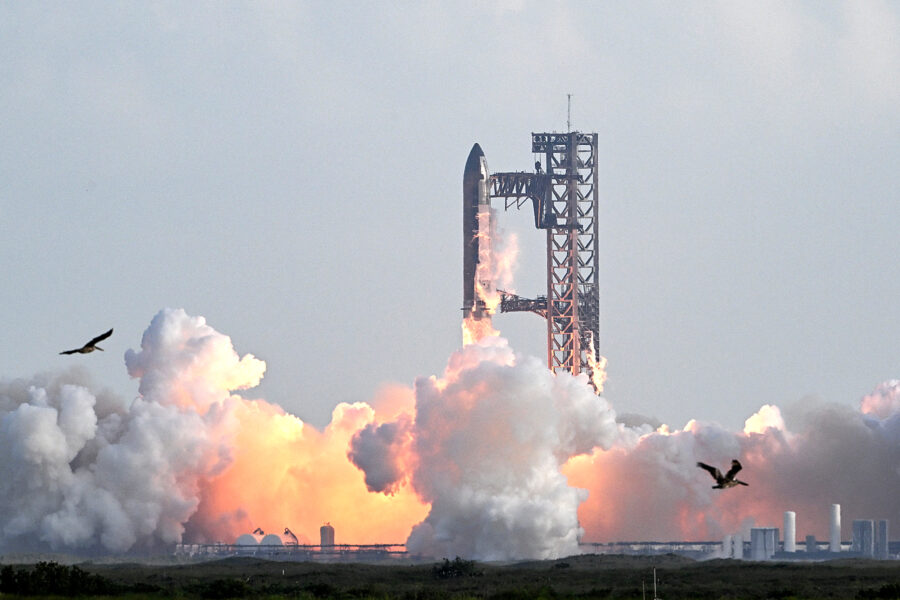Dr. Woodrow Clark is a co-recipient of the 2007 Nobel Prize, along with former Vice President Al Gore, for his work as a co-author and co-editor of the United Nations Intergovernmental Panel on Climate Change Third Report.
He was also the first research director for the UN Framework Convention on Climate Change, establishing the economic and technical basis for renewable energy technologies to be commercialized in developing nations. He currently manages Clark Strategic Partners and consults with the Los Angeles Community College District, helping their campuses become energy independent and carbon neutral.
I caught up with Dr. Clark to talk about renewable energy, energy policy, bicycle lanes and why it all matters.
Q: How did you become involved in co-authoring the report from the UN IPCC that ultimately made you a co-recipient of the Nobel Prize?
A: At the time, I was at the Lawrence Livermore National Laboratory in Livermore, California.
I became aware of the work the UN was starting to do in this area, and while I was full-time at Lawrence Livermore labs, I asked if I could participate in the panels. They said I had to do it on my own time and at my own expense, so I did. I found some money and paid for my travel and took time off from work because I thought it was an important topic to pursue.

I was a participant in the panels throughout the ’90’s. As a result, I was asked to be the first research director for one of the areas of the UN Framework Convention on Climate Change; I was to look at environmentally sound technologies like solar, wind, and others and see how they could be transferred from developed countries to developing countries. I had six co-authors covering things like wind from Denmark and solar from Japan. It was a landmark study.
My involvement with the IPCC went on for about 4 or 5 years, but after a while I changed jobs and went to work in Denmark as a visiting professor and wasn’t able to participate anymore.
Another interesting twist is that I was the co-author on the chapter on economics and finance and the co-editor on the chapter on legal and contract agreements. Those are two areas that I’m very much involved in today. In fact, it’s what I do professionally with the colleges.
About This Story
Perhaps you noticed: This story, like all the news we publish, is free to read. That’s because Inside Climate News is a 501c3 nonprofit organization. We do not charge a subscription fee, lock our news behind a paywall, or clutter our website with ads. We make our news on climate and the environment freely available to you and anyone who wants it.
That’s not all. We also share our news for free with scores of other media organizations around the country. Many of them can’t afford to do environmental journalism of their own. We’ve built bureaus from coast to coast to report local stories, collaborate with local newsrooms and co-publish articles so that this vital work is shared as widely as possible.
Two of us launched ICN in 2007. Six years later we earned a Pulitzer Prize for National Reporting, and now we run the oldest and largest dedicated climate newsroom in the nation. We tell the story in all its complexity. We hold polluters accountable. We expose environmental injustice. We debunk misinformation. We scrutinize solutions and inspire action.
Donations from readers like you fund every aspect of what we do. If you don’t already, will you support our ongoing work, our reporting on the biggest crisis facing our planet, and help us reach even more readers in more places?
Please take a moment to make a tax-deductible donation. Every one of them makes a difference.
Thank you,











